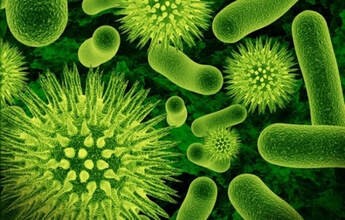Biocides are substances used to control or kill harmful microorganisms. These antimicrobial agents are commonly used to prevent biofouling and the growth of bacteria, fungi, algae, etc. in a wide range of applications. Biocides generally work by disrupting biological processes of the microorganisms they are targeting, though specific mechanisms vary depending on the type of biocide. Different isothiazolins, for example, may weaken the integrity of bacterial cell membranes, inhibit metabolic activities by interfering with enzymes, proteins, or metabolic pathways, damage cellular DNA, or generate reactive oxygen species (ROS) in bacterial cells, causing oxidative stress leading to the organism’s death.

Some common industries which benefit from biocides are industrial water treatment, adhesives, paints, and coatings. We offer a variety of biocides crucial to these industries, including isothiazolin (CMIT/MIT), benzisothiazolin (BIT), bronopol, and glutaraldehyde. Most of our biocide offerings are best suited for industrial use. However, biocides are also used to extend the shelf life of final products (such as paints and coatings) by preventing microbial spoilage.In any aqueous system (like boiling and cooling towers), biocides can help maintain or restore the integrity of the water, by inhibiting growth of and killing existing unwanted microbes. If a system remains untreated, microorganisms may accumulate, leading to biofilms or potential corrosion, which could shorten the lifespan of involved equipment. Avoiding microbial dangers like these makes the overall system more efficient, reliable, and cost-effective.
Contact BCS for a biocide consultation today!
